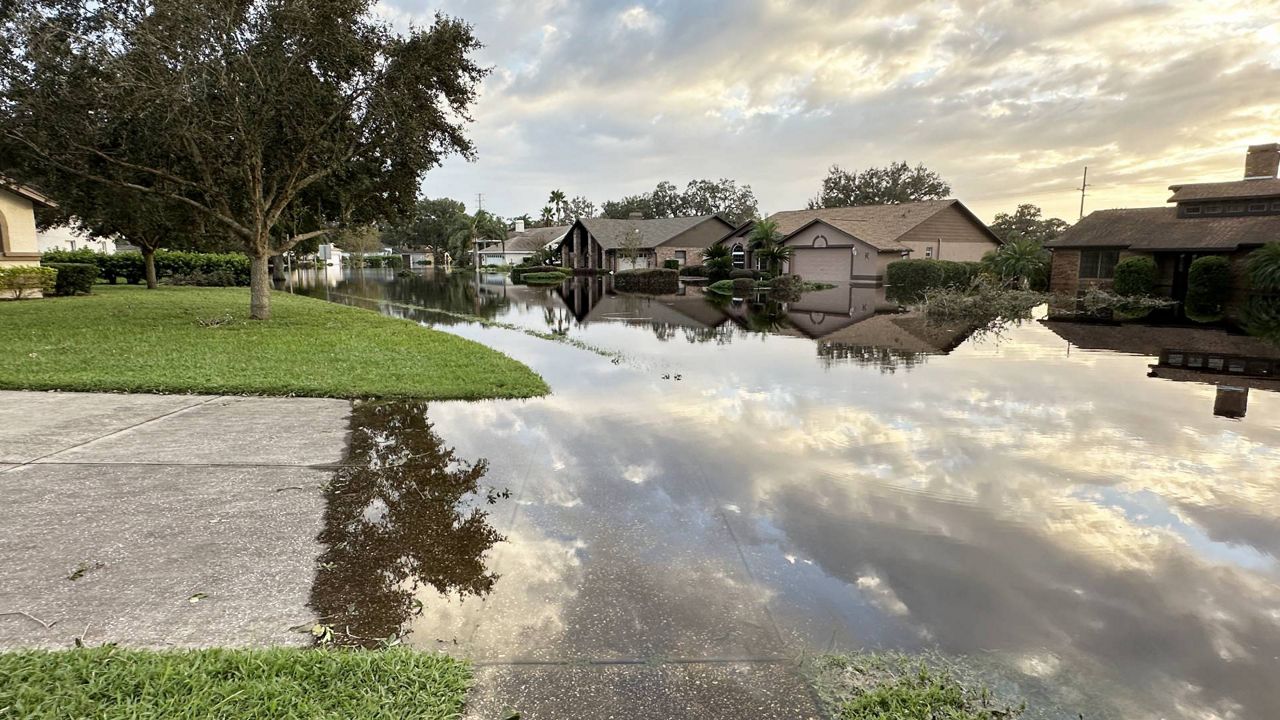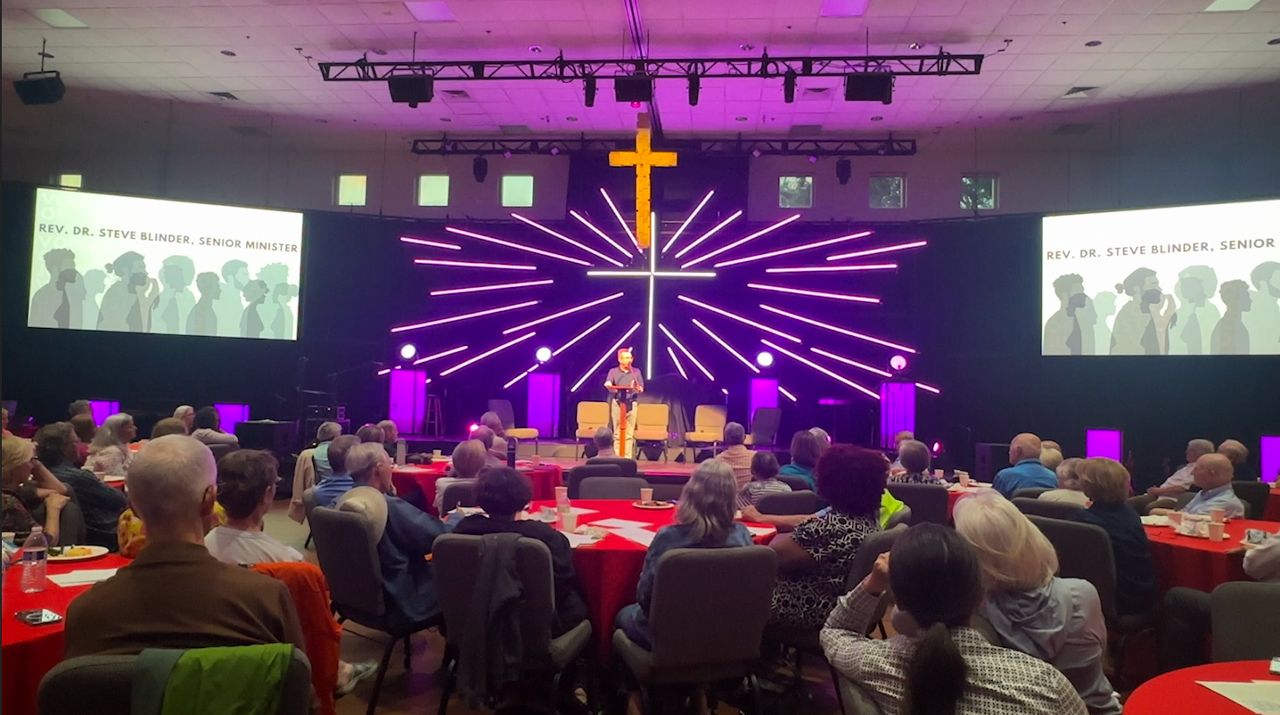TAMPA, Fla. — While Florida may be experiencing a boom in home construction, an annual report from the University of Florida Shimberg Center shows there still isn't enough affordable housing in the state.
The study notes that between 2021 and 2022, Florida's population grew by more than 450,000 just from people migrating to the state.
To address the affordable housing issue, community leaders say they are actively working to respond to the demand.
The issue affects residents like Mayra Cardoza, who moved back in with her mother after being evicted last year. She now shares one bedroom with her two children while actively seeking an affordable rental.
“There’s really nothing out there except Section 8, but that closes really quick,” she said.
Her mother is selling her home, but Cardoza said she can't afford to buy it.
“Once we are settled, then I can start saving for a home,” she said.
Florida’s single-family home construction has significantly increased, resulting in record-high prices, according to the University of Florida Shimberg Center.
Shimberg Center researcher Anne Ray says new construction tends to be more expensive, which does not help the affordable housing situation.
“It’s been difficult to increase the supply of affordable units, and so new construction tends to be more expensive,” she said. “We build more luxury housing. It’s really the population pressure that we have, combined with jobs that might pay lower wages and seniors on fixed incomes. That’s happening nationally, but given the strength of the economy and given our job base, some of those gaps are larger in Florida than they are in other places.”
A number of those cases come across Florida Rising regional director Robin Lockett’s desk.
In September, Tampa’s City Council approved its budget and set aside $12 million for affordable housing — which includes rental and mortgage assistance.
“There is a housing crisis," Lockett said. "People are still living in hotels, people are still living in their cars. It is the government’s responsibility to assist."
Tampa’s manager of Housing and Community Development has set goals to address the housing deficit. Currently, 26,000 affordable units for renters are needed, but Cardoza said they cannot be built fast enough.
“It’s hard, especially not only single moms, but adults in general,” she said. “There is no help out there for us. That’s why there are a lot of people who are homeless.”
Since her current residence is up for sale, she fears she is running out of time to secure affordable housing for herself and her children.
The Shimberg Center for Housing reports that Florida is seeking to expand the supply of affordable housing, particularly multifamily housing, under the new Live Local Act and with its existing Housing Trust Fund.
City of Tampa statement on plan to address housing needs and future goals:
"As housing affordability remains a top issue for residents and those hoping to move to the area, the city of Tampa says it's taking major steps to address long-term housing development and preservation. With historic levels of investment from the city of Tampa and the Tampa Community Redevelopment Agency, more than $82 million in funding will be put toward making Tampa more affordable for renters and homeowners.
Nearly 40% of Tampa residents are housing cost-burdened, meaning more than 30% of their monthly gross income goes toward paying for housing.
The Tampa Housing Implementation Plan identifies the gap in Tampa’s housing supply, examining what steps have been taken to address the housing shortage, and lays out Tampa’s housing affordability and how to achieve them.
As we better understand Tampa’s unique housing landscape, Tampa City Council has set forth five goals: expand temporary housing options, prioritize seniors and those with disabilities, ensure safe housing for low-income residents, leverage city resources to fill the gaps in funding, and stabilize neighborhoods vulnerable to displacement.
These goals will be addressed through investing more money to support the creation of affordable places to live, as well as land use changes to support housing for all Tampa residents over the long-term."









